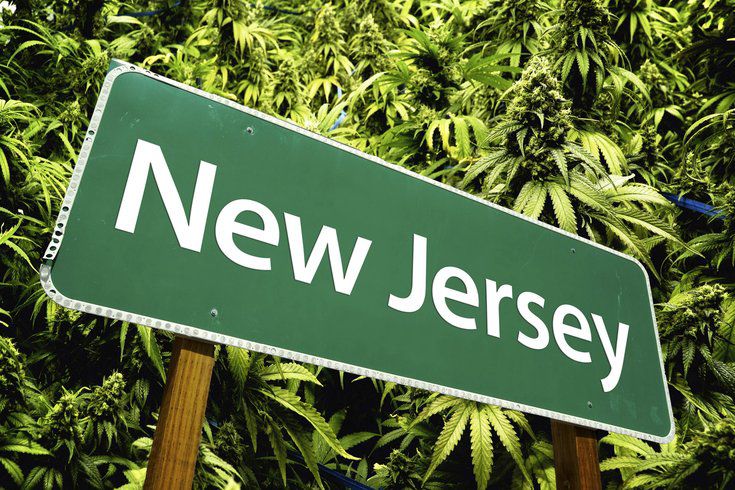Hopewell Township seeks to move conditional requirements such as traffic and odor control to standards for cannabis retailers to keep applications before the Planning Board.
If those requirements such as traffic and odor control remained as conditional uses instead of standards, the applicant would have to go before the Zoning Board for a use variance, which township officials said was not the intent.
The Township Committee introduced the amended ordinance at a meeting on Nov. 14. The ordinance will head to the Planning Board, before returning to the Township Committee for a second reading.
“We are really not changing any of the content,” said Jim Hutzelmann, township engineer and director of community development, noting they will have their first cannabis application before the Planning Board as a conditional use.
Hutzelmann noted that there are a number of conditional uses for every applicant to meet in order to have a hearing before the Planning Board.
“I think the original ordinance was too specific with some of the requirements,” he said. “For example, we had odor control, traffic and signage. Those are important standards and are still in the ordinance, but they are not things you need to submit upfront to be considered a conditional use. They are things you supply with your application to the Planning Board.
“The things that really tripped up the first applicant was if you do not meet all of those conditions, then you are not eligible for conditional use and you have to consider a use variance at the Zoning Board,” he said, noting a higher standard of proof is needed to be granted a use variance.
“The Zoning Board is typically not the board that would hear this type of application. So in order to keep these applications at the Planning Board, we revised the conditional requirements,” Hutzelmann said.
The conditional uses for retailers that remains include what commercial zones they are allowed to be in, the holding of a Class 5 license, location is at least 1,000 feet from schools, playgrounds, and athletic fields, and cannabis delivery service will only be allowed if it is on the same premises as the cannabis retailer and there is a Class 6 license approved by the Cannabis Regulatory Commission.
Additional prohibitions include onsite consumption or use of cannabis, and no cannabis retail prices, or products are allowed to be visible from the outside of the building.
“Those are still conditional requirements. If you do not meet them, then you do not meet the condition use standards,” Hutzelmann said.
Under additional development standards, there are hours of operation, parking, site access, odor control, signage and security.
“The traffic and signage, and bulk yard requirements, those now get placed in development standards [with the amendment]. If there is any need to have relief from that standard, it would be done as a bulk variance done by the Planning Board,” Hutzelmann said.
“Still a variance, still a high bar, but it does not kick them out of a conditional use and send them to the Zoning Board.”
According to the ordinance, only two cannabis retailers are allowed to operate in Hopewell Township.
Also, cannabis delivery services are only permitted by the township if the services are located and owned by a cannabis retail business.
Cannabis retailers and delivery services are able to operate in the neighborhood retail commercial district (C-1), highway business and office district (HBO), shopping center district (SC), shopping center 1 district (SC1), and the industrial and commercial district.

